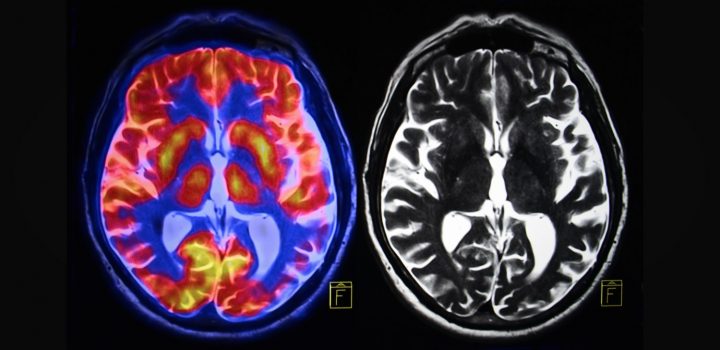First, I’ll admit that I’m a bit hesitant about the word “incomplete.” I don’t mean to imply heaven is an existence of suffering. It’s not. The souls of believers have no more sin or sorrow or pain or suffering. And I want us to also remember the beautiful words of Psalm 16:11 — “You make known to me the path of life; in your presence there is fullness of joy; at your right hand are pleasures forevermore.”
Thus, when a believer dies now, his or her soul goes to heaven now in the presence of the Lord where there is fullness of joy! In 2 Corinthians 5:8, Paul says, “we would rather be away from the body and at home with the Lord.” I love that word “home.” The word means “to be in a place where one rightfully or normally belongs.”[1] Believers who die now are at home with the Lord. It is where we rightfully belong — by grace!
Have you ever been in a season or had a day or an hour or were on a trip or whatever and you said or thought or felt “I just want to go home”? I want to be back in my bed, at my table, or in my comfy chair! Home is where we belong.
Now, let me use this illustration: imagine you go home, but say your family is not home yet or you’ve not changed into your more comfortable clothes yet. You’re still home. You’re still glad to be home. You are still where you belong. But, in a sense, it is incomplete. So, if I may use that word reverently, that’s what I want to call heaven in the intermediate state. A joyous existence. It is home. We see by sight and no longer only on faith. We are in the presence of our King.
And yet, it is still incomplete. How so? Three things to mention:
We Do Not Have a Physical Body
Gen. 2:7 says, “then the LORD God formed the man of dust from the ground and breathed into his nostrils the breath of life, and the man became a living creature.” We were made to be corporeal beings. So, to only be a soul without a body is an incomplete existence. God’s good purpose for human beings is that we would have a physical body.
As wonderful as heaven is right now for the believer, it is incomplete in the sense that those who are there await the great resurrection.
We are not on Earth
Now, at first, you might say, well I’m glad we won’t be on earth. Because this earth is fallen and broken and sin-laden. And in those aspects, I would agree with you. However, just as we were made as bodily creatures, so too were we made to inherit the earth. God’s plan, in the beginning, was for Adam and Eve to have dominion over the earth (Genesis 1:28–31).
Now, God wanted Adam and Eve to be fruitful and multiply so that they would have children and God would have a people to glorify Him and enjoy Him forever. But in the new heavens and the new earth, that won’t be necessary. God will already have His church. However, the dominion aspect and the enjoyment of the earth still stands. The point I’m making here is that we were never designed to simply float on clouds for all eternity.
The Fullness of Our Family is Not There
Again, as great as heaven is now, the whole family isn’t there yet. What do I mean by family? I mean the whole ransomed church of God. God’s patience is displayed now in order that He might bring in the full number of His elect (cf. 2 Peter 3:9). So, things in heaven now, are, as it were, incomplete.
Paul mentions in Ephesians 3:14–19, “The breadth and length and height and depth and to know the love of Christ that surpasses knowledge, that you may be filled with all the fullness of God, has always been designed to comprehended with all the saints.”
There is something a touch out of place when we don’t get to comprehend the glory of God with all the saints. So, heaven now is incomplete in the sense that the whole family is not there yet. Now, I don’t mean to say that heaven will be missing something because certain people won’t make it. What I am teaching here is that we are going to experience the fullness of eternity when we are with all of God’s people together.
Heaven is a wonderful place. And we ought to rejoice with those who’ve gone before us there. But when the new heavens and the new earth come, only then will believers experience the completeness of all God has in store for us. Let us labor toward that great day!
[1] Johannes P. Louw and Eugene Albert Nida, Greek-English Lexicon of the New Testament: Based on Semantic Domains (New York: United Bible Societies, 1996), 725.






Robert, thank you very much for the kind words, brother. That sincerely means a lot to me that your spirit…